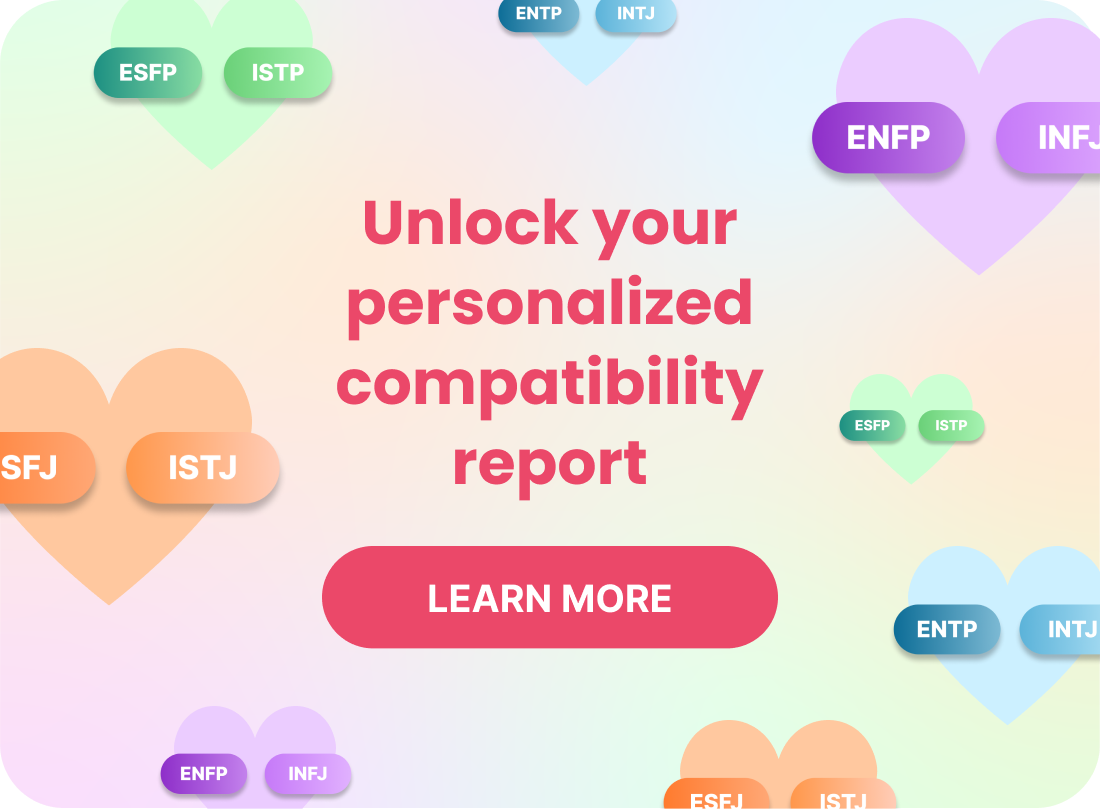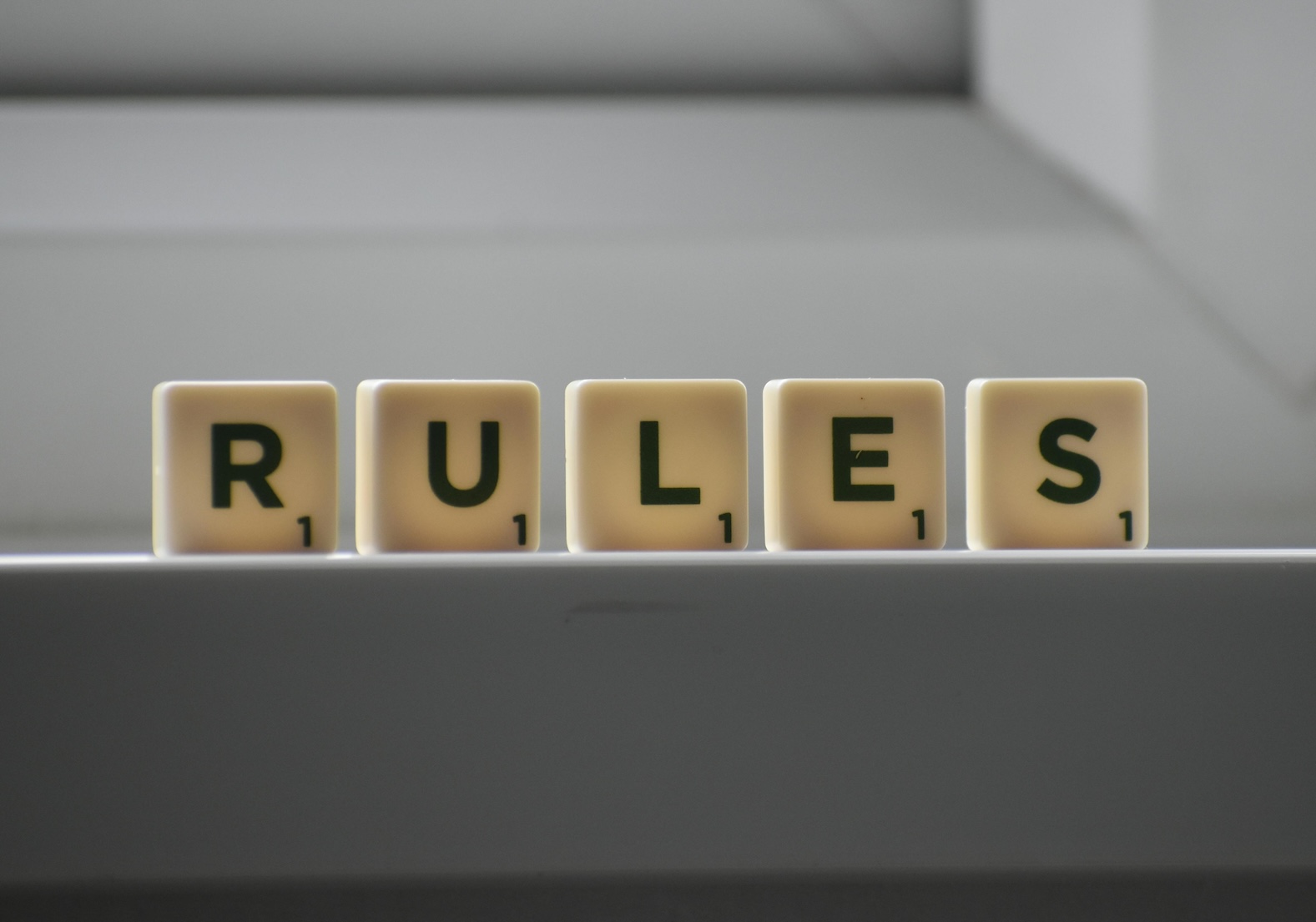DTR: How & When to Define The Relationship
You’ve been dating someone new for a while now. You can tell things are getting serious, and you want to make sure both of you are on the same page. So, what are you to do? It’s time for a DTR, aka “Defining the Relationship,” talk.

You’ve been dating someone new for a while now. You can tell things are getting serious, and you want to make sure both of you are on the same page. So, what are you to do? It’s time for a DTR, aka “Defining the Relationship,” talk.
DTR involves talking openly and honestly about the state of the relationship to ensure that both parties understand where they stand. It tends to include figuring out the answers to questions about your relationship, such as, when did we become an “us”? What kind of “us” are we? Should we start using the label of “boyfriend/girlfriend”? Perhaps we become exclusive before getting into a relationship? Or even keep it totally open? What expectations are there around the relationship?
These conversations can be uncomfortable, but they are necessary for a healthy and successful relationship. In our guide about how and when to DTR, we cover all kinds of angles to give you the best chance of defining the relationship in the right way.
Why it can be scary to define the relationship
Defining a relationship can bring up a lot of anxiety for people because we are risking the deepest, most painful form of rejection. We all have an innate desire as human beings to find a romantic partner, and this has evolutionary roots.

To be rejected by a potential romantic partner is to be rejected by a potential source of love, belonging, security, and stability. So, when we’re faced with a situation where being rejected on a personal level is a possible outcome, we may feel overwhelmed and anxious.
Additionally, there is a lot of uncertainty that comes with defining a relationship because it means having to confront tough questions, such as whether the other person is on the same page or if they are even interested in a romantic relationship at all. It can feel easier to just continue without labeling the relationship, but this can cause more heartache in the long run.
Not only is there uncertainty around what your partner wants and whether you will work as a couple, but a “defining the relationship” talk often requires self-awareness. Knowing what you want out of a relationship and verbalizing it in the right way isn’t always easy.
Finally, there can also be a fear of commitment that can come into play when defining a relationship. It can be daunting to make a long-term commitment to another person. It’s a big decision, and some people can feel worried about either cutting off other potential dating options or even not being able to uphold their part of the commitment.
Why it’s important to define the relationship
Seeing as defining the relationship can be seen as daunting, some people shy away from it. But it’s necessary at a certain stage. It allows both parties to understand where they stand with one another and if the relationship is heading in the right direction.
Without having a clear understanding of each other’s feelings and your relationship status, either you or your partner can end up getting hurt. For example, one person may be expecting a committed relationship while the other is just looking for something casual.
So, if you’re wondering why it’s important to DTR, think of it as a way to make sure both parties are on the same page, which helps to prevent disappointment or misunderstandings that might arise down the line.
When to define the relationship
The right time to DTR is when you are both getting your needs met on a regular basis and you feel a strong sense of connection. When defining your relationship, you are essentially both saying that the situation works for you. So it should be one that you want to maintain, or at least it should be well on its way to that point.
If you are still figuring out major aspects of your relationship, such as communication or how much time you want to spend together, then it might not be the right time to define your relationship. Of course, these things are always evolving as a relationship progresses, but you should start with a good foundation when you DTR.
Ultimately, you should only have the DTR talk when you feel confident that you see a future with that person. In terms of specific timings, some people might feel comfortable defining the relationship in a matter of weeks, while others prefer to wait for many months. There is no specific timeframe that is “right” because each individual and relationship varies significantly.
How to define the relationship
When you are ready to have the conversation, choose a time when you both have the headspace to talk things through. Tell your partner how you feel about them and what kind of level of commitment you are looking for. Try to be as specific as possible.
Once you’ve said your part, let your partner know that it’s ok if they need time to think. They might not have been expecting this kind of conversation, which means they might need time to process their thoughts and feelings. This isn’t a bad sign! It likely means that they are taking it seriously.
When they are ready to discuss, listen carefully to what they have to say and be prepared for different responses. In some cases, it’s a simple yes or no in terms of whether they want the same things as you. In other cases, it will be more of a two-way discussion.
The most important thing is to be honest about what you want and respect the other person’s opinion. If the two of you don’t match up exactly in terms of where you want the relationship to go, it doesn’t mean that it can’t work; it just means you should talk through your different perspectives to see if you can find a plan that works for both of you. It’s not always possible, but you have the best chance of figuring things out if you’re open and vulnerable. Yes, it can be scary, but it’s necessary.

Remember, there’s no right or wrong outcome as long as both of you respect each other’s boundaries and you both feel comfortable with the conclusion. But you do need to communicate openly and honestly.
What to do if your partner doesn’t want to define the relationship
If you’re not on exactly the same relationship timeline, this alone doesn’t mean you have to end things. The DTR conversation is all about open, honest, regular communication. Have the conversation and see where you’re both at. If you are ready for a relationship now, but your partner isn’t there yet, you need to decide if you’re willing to wait for them.
If you’re not willing to wait, you should explain this to them so you can both move on. However, if you are willing to wait, the best thing you can do is honor their needs and give them space. But continue to date other people. It’s never a good idea to force someone to do something they aren’t ready for. At the same time, if someone isn’t committing to you, you shouldn’t cut off other options.
But how do you know whether to wait for them or not? It’s a complex situation. At the end of the day, it depends on weighing up the cost of waiting and the risked benefit.
Weighing the cost vs. benefit
The ‘cost’ includes many factors, but the main two are the impact on your mental health and the opportunity cost of your time. If waiting for your partner to commit is causing you to feel anxious or worried, it’s a cost to your mental health. In addition, the time you spend with the person could be time spent building a connection with someone else. So that’s another key factor to consider, too.
The ‘risked benefit’ is the likelihood of you getting what you want. The word ‘risked’ describes the chance of the outcome. If your partner’s words and actions suggest they are moving closer to wanting to become official, then your desired outcome is lower risk than if there’s no momentum in your relationship.
The ‘benefit’ is what you actually end up with. It’s important to note that this is a fluid concept, and it can change with time. If the value you get from being with them goes up, the ‘benefit’ increases, and vice versa.
Ultimately, you have to figure out if the cost is worth it. Unfortunately, there’s no magical formula for that because each individual and every relationship is different.
When does defining the relationship become a lost cause?
If your partner says they aren’t ready to become official and you are comfortable giving them more time, you’ll need to decide how long you’re willing to wait. Everyone has their own boundaries, so you’ll need to evaluate your feelings and decide what feels right for you.

One of the most important signs to look out for when you’re in this position is whether your partner is taking steps to move the relationship forward.
Momentum is key at every stage of a relationship, and it’s especially necessary at the beginning. If you sense momentum and that your partner is genuinely interested in progressing things, it’s a good sign. For example, your partner might start introducing you to their family, or they might start calling you more. You can use your intuition to guide you on this one.
On the other hand, if there’s no movement and your partner isn’t taking any steps to move things forward, then you might want to think about moving on because you might be wasting your time.
Defining the relationship checklist
There are a number of factors to consider before you have the DTR talk and decide whether you want to become official.
1. Ask yourself how this person impacts your life.
Before having the DTR talk and deciding whether you want to be official, you should ask yourself how you bring value to each other’s lives. For example, it could be through providing emotional support, making each other laugh, and providing practical advice. There is often a whole host of positives that partners bring to each other’s lives. After all, a healthy relationship is mutually beneficial.
2. Make sure your life goals are aligned.
It’s also important to make sure that your goals in life are aligned and that you are on the same page in terms of what you want out of the relationship. Making sure your life goals and relationship expectations are aligned doesn’t necessarily mean they should be the same. But it does mean that they can co-exist and complement each other.
3. Ensure there aren’t any dealbreakers.
You should also ask yourself if there are any deal-breakers present in the relationship, such as different values or lifestyles. If there are deal-breakers, you should figure out if there’s a way to work through them. Or if it’s just not possible.
4. Understand how you resolve conflict.
Ideally, you also want to see how you resolve conflict as a couple before you become official. Do you communicate well? Do you listen to each other? Can you express your needs without making the other feel attacked? All of these are important factors to consider.
5. Gauge whether you feel secure in the relationship.
Lastly, ask yourself if you feel secure and supported in the relationship. In particular, ask yourself whether you feel like you’re a team and whether they truly want the best for you. If not, it might be a sign that the relationship isn’t right for you.
It’s important to think carefully about these questions and assess your situation before defining the relationship. It can be easy to get caught up in the excitement of the early days of dating. But it’s important to take a step back and look at the big picture. Take the time to think things through before taking the plunge.
Final thoughts on defining the relationship
So, to summarise, it’s important to DTR when you reach a certain point. But you need to be mindful and consider all the key factors we discussed before committing. Taking the time to ask yourself questions, assess your situation, and make sure that you’re both on the same page will help ensure a strong foundation for your relationship.
Defining the relationship can be daunting. So put your best foot forward, remember that you’re a catch, and be honest. When both people’s expectations are aligned, defining the relationship can be an exciting step to take in a budding relationship.
If you enjoyed this post, you might also like 13 clear signs the talking stage is going well.




